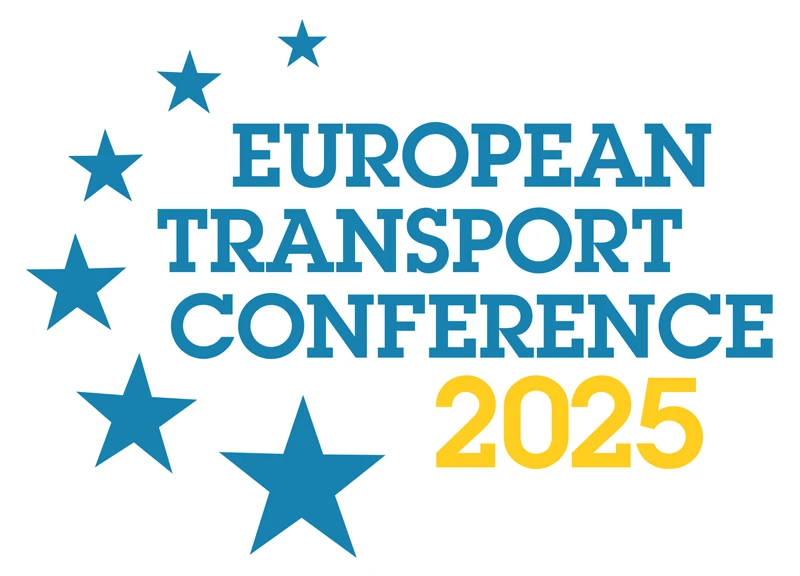-
Past ETC Papers

Browse, search and view papers from the past AET Conferences.
-
Members' Area

AET promotes networking and exchange of ideas, information and opportunities amongst members.
Conference Papers 2022
Milan, Italy
ETC Conference Papers 2022
Comparison of policy scenarios with trip-based and econometric activity-based models
Seminar
Day 1 (7 Sep 2022), Session 3, MODELLING FRAMEWORKS, 16:30 - 18:00
Status
Accepted, documents submitted
Submitted by / Abstract owner
Jan Zill
Authors
Jan Zill
Tom van Vuren
Tim Veitch
Short abstract
We analyze and compare the response of different model types to a change in road capacity: a trip-based model, an activity-based demand model, and the same activity-based demand model with micro-econometrically motivated treatment of randomness.
Abstract
Recent demand for more detailed transport analyses in Australia led us to develop an activity-based model for the Greater Brisbane region in South-East Queensland. To that end, we transferred an existing multi-modal and demand-responsive trip-based strategic transport model to an activity-based (AB) demand model in the ActivitySim framework by borrowing behavioural model parameters from San Francisco.
Using both models, we compare the performance of a road capacity improvement. Both models show similar convergence behaviour and at a high-level, the results in terms of traffic link volume changes, mode shift and spatial re-distribution agree. However, the AB model with its more realistic treatment of space and time constraints also exhibits additional effects like peak period spreading and generally offers more nuanced results.
We then turn our attention to the theoretical underpinnings of the ActivitySim framework: Micro-simulated demand models require turning choice probabilities into a definitive out-come, which in ActivitySim is done by employing standard Monte Carlo methods. However, this method is inconsistent with random utility theory at the individual level and can lead to counter intuitive results when comparing single realisations of two scenarios. We here show how this can be avoided by freezing randomness at the individual utility level for the multinomial and nested logit models. We implement this methodology in the open-source ActivitySim python package and then run the model for the same road capacity scenario as before. We compare the results to those obtained with the standard Monte Carlo way of treating randomness in terms of stability, interpretability, and reasonableness. Additionally, we investigate the influence of our methodology on overall model convergence, which has potentially important implications for economic benefit analysis.
Programme committee
Transport Models
Documents:

Association For
European Transport
Forester House
Doctors Lane
Henley-in-Arden
Warwickshire, UK
B95 5AW
+44 (0) 15 64 793552
VAT number: 710 1866 64
Conference Supporters & Endorsers




Legal Entity
The Association for European Transport is registered as an Association ('vereniging') with the Chamber of Commerce for Haaglanden in The Netherlands under company number 27170096.
Built on Zenario




